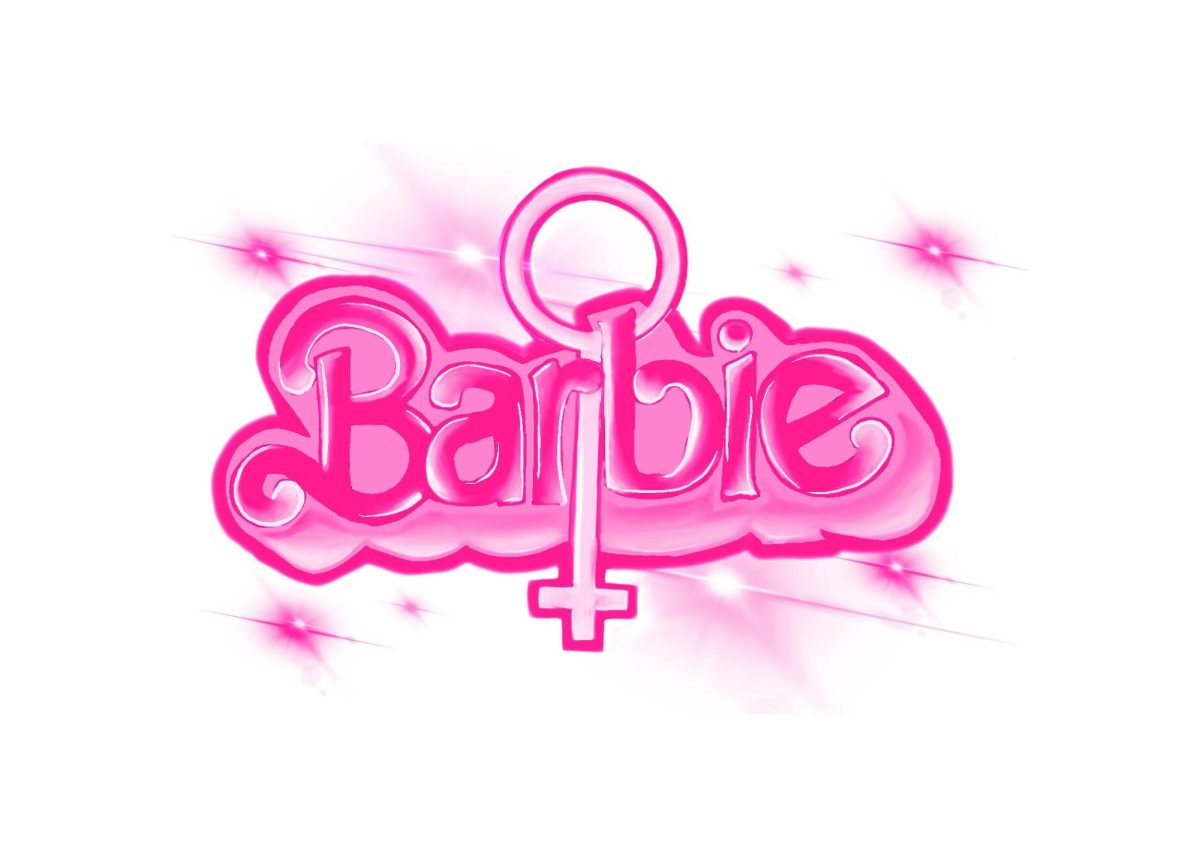On the opening day of “Barbie” at AMC Fashion Valley, I wore a pink Whitney Houston T-shirt and sat so close to the screen that I was craning my neck to see whether the Kens were going to “beach off.” Within an hour, I was on the brink of tears.
My heart viciously ached as I saw Margot Robbie’s Stereotypical Barbie understand that the real world was nothing like the matriarchal Barbie Land. As a visual representation of transitioning from girlhood to womanhood, I could see the realization written all over her face that she would never be enough.
If you watched the critically acclaimed masterpiece, which marks Gerwig’s third credit as a solo director and set a historic precedent as the first female-helmed film to surpass $1 billion at the box office, you probably cried, too. It wasn’t just because Billie Eilish made us question everything with one song.
As someone who watches a lot of movies, only a few accurately depict what women are told to be in conjunction with who women are. They are individuals with complexities that equal men’s. They walk through the world knowing some people don’t take them seriously and will always see them as lesser, thinking that “you’re not like other girls” is a compliment.
Films hardly embrace those realities.
However, that was until Gloria’s monologue about the unattainable ideals of women. My inner child has never been healed faster than by hearing the words, “You are so beautiful and so smart, and it kills me that you don’t think you’re good enough.”
Many of us don’t, and the film includes insights into womanhood by juxtaposing Gloria’s speech with Barbies accepting awards saying “I work hard and I deserve it.” All in all, “Barbie” sets refreshing standards for an industry currently in standstill.
It’s not new for Gerwig, whose work focuses on young women’s struggles to find their place in the world with “Lady Bird” and an adaptation of “Little Women.” But this particular film cut through the invisible line between reality and imagination. The commentary on the patriarchy, feminism and gender roles agitated a lot of people and led to bans in several countries, even with humorous portrayals of Ryan Gosling’s Ken thinking patriarchy would have more horses.
There’s nothing to complain about, though. Women empowerment is an integral part of the production (it’s called “Barbie” for a reason), but there’s a storyline about Gosling’s Ken lacking identity and purpose, and an entire song dedicated to feeling like he’s not good enough.
Doesn’t that mean the film actually encapsulates the universal issue that everyone — no matter their gender identity — has crushing expectations about who they’re supposed to be in society?
Gerwig’s “Barbie” tells us that fitting ourselves into likable molds is ridiculous. I can only speak to identifying as a woman, but from a cinematic history of cliche tropes and hyper-sexualizations, that’s revolutionary.
At the very least, Gerwig’s portrayals of historically devalued members of society demonstrate the effects of a male-dominated industry.
Senior Elizabeth Ramirez, a television, film and new media major, said seeing “Barbie” encouraged her as a filmmaker.
“It’s inspiring to see (Gerwig’s) success,” Ramirez said. “Women are so underrepresented behind the scenes. If you’re worried about misrepresentation, maybe it’s because there are mostly men in these positions.”
And she’s right. San Diego State University professor Dr. Martha Lauzen’s research into women’s employment on the 250 top-grossing films holds sobering data that isn’t promising for talented female writers and directors (the Sofia Coppolas and Phoebe Waller-Bridges of the world) to get the same opportunities as their male colleagues.
But people who identify as women want more stories from women about women, so let’s get diverse female perspectives in the rooms deciding how they will be immortalized.
And if women-centric films that evoke all the right emotions and claw our way back to reality are so threatening to society, count on me to view them over and over again until this industry understands the magnitude of what these stories mean.
After all, Stereotypical Barbie said, “By giving voice to the cognitive dissonance of living under patriarchy, you robbed it of its power.”
Gloria from ‘Barbie’ was right — it’s impossible to be a (fictional) woman
Greta Gerwig’s film reveals the disconnect between on-screen portrayals and the realities of identifying as a woman
Categories:
Illustration by Gabrielle Houser
More to Discover
About the Contributors

Madison McGill, Staff Writer
Madison McGill (she/her/hers) is a fourth-year journalism major from San Diego, California. Madison started out at The Daily Aztec in the Arts & Culture section writing album reviews, but she quickly discovered her love for covering campus news and her all-consuming opinions. Currently, she’s writing about fashion and beauty for an online magazine called Vanity Stories. When she’s not researching and interviewing for her newest work, Madison loves to dance around to music from her niche playlists and watch way too many films.

Gabrielle Houser, ’23-24 Graphics Editor







